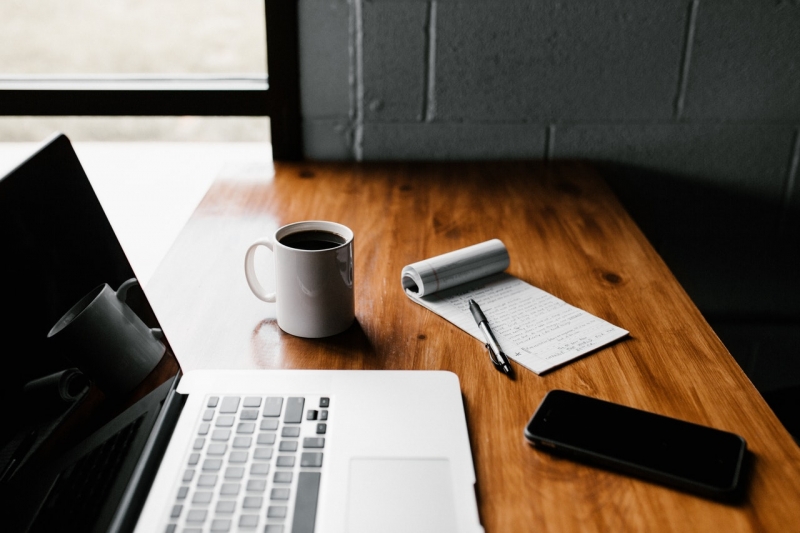Restorative Justice is a process of bringing a victim of crime into direct communication with the person who caused the harm, in order to have a place to discuss issues. Greater Manchester Restorative Justice Service (GMRJS) gets referrals from Greater Manchester Police about cases that they believe are suitable. This work takes a little pressure off the police and can help people avoid court if they participate positively, and saves time for other cases.
This work was previously delivered face to face. During Covid-19, it’s been awkward and difficult but GMRJS had to come up with something because people still needed the opportunity to receive restorative justice. It was a challenge at first but restorative justice has been delivered via video conferencing and also by telephone. The person causing harm and the victim can be brought together on a call but it can work better speaking separately and conveying indirect communication between the two as it is harder to read body language over the phone. Also, it's hard to see if the empathy and understanding are being developed.
One GMRJS volunteer said, "It’s worked well with individuals on the phone – people are comfortable in their own space. They find it easier to relax and build rapport in their own homes. Talking about their current situation can help people relieve themselves of those issues, perhaps some people have found it better not looking directly at someone".
Restorative justice makes both parties feel more aware and responsible. People who have caused harm can look beyond themselves and see the impact of their action. They have the opportunity to see the other individual as a real person. Both parties can see that we are all affected and that the impact of Covid-19 is happening to everyone.
One victim said that they were very relieved not to go to court because they had worked with restorative justice. The perpetrator was very relieved not to have to pay a large fine because their family financial situation was difficult due to Covid-19. Even though they were the person who has caused harm, this has affected their own family too. They said “I now realise the seriousness of my action, and a lot more people have been involved than I first thought, and now I see the psychological and long term impacts of what I did".
The GMRJS volunteer said, "We know we are making a big difference. The option is now there to carry on a mix of face to face, video and phone. Face to face is generally perferable but if its too difficult, we can now bring people who live further apart together more easily".
